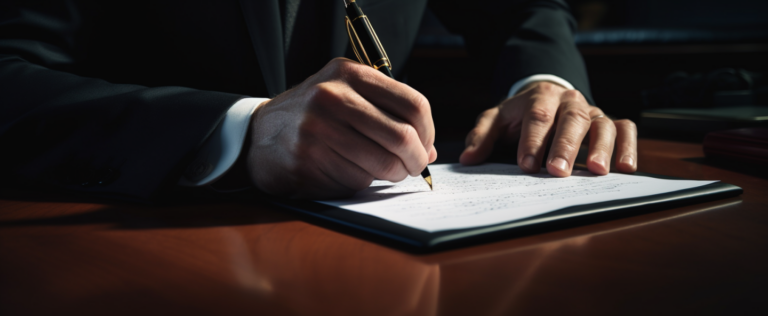One of the biggest decisions that you need to make when creating a dental practice is how you will acquire your dental equipment. If you choose to purchase the equipment, you will have to spend a lot of money all at once, and you may have to take additional loans to pay for the equipment.
Many people prefer not to go so deeply into debt, especially during the early years of a dental practice when income is still sparse. Instead of purchasing equipment, they choose to lease equipment.
Whether leasing is the right choice often depends on what type of lease agreement is negotiated. The following tips will help you negotiate a lease agreement that will leave you in a strong financial situation.
Build Equity with a Lease-to-Buy Agreement
The biggest drawback of leasing dental equipment is that you don’t own that equipment at the end of the lease. However, this doesn’t have to be the case.
While it will increase your monthly fees, some equipment providers will allow you to enter a lease-to-buy agreement. This means that, eventually, you will own the equipment.
Typically, you will spend at least twice as much as the equipment is worth (and maybe quite a bit more) over the length of the lease. However, that may be worth it because you aren’t paying for it all at once, and you don’t have a loan weighing down your credit.
Consider the Lease Length
The company that leases the equipment wants you to lease it for as long as possible. It will probably even offer you discounts for a long-term lease. While this may be optimal for core equipment, you probably don’t want to sign a long-term lease for all equipment.
You should negotiate for the ability to add and remove equipment from the lease without penalty. This allows you to return equipment when business is slow and to get more equipment when it is jumping.
It also allows you to test out new equipment without having to commit to a massive expenditure. If the leasing company won’t give you flexibility, find another company to provide your equipment.
Understand Your Repair Needs
One of the biggest advantages of leasing equipment is that you usually aren’t responsible for repairing it. That can potentially be a big savings.
Unfortunately, that advantage usually comes with a downside. Typically, the leasing company will dictate how the equipment is repaired and who can repair it. That can be problematic when it results in delays to critical repairs.
Repair clauses usually don’t have much room for negotiation because the leasing company has separate contracts with repair companies that can’t be broken. That means you should read them carefully and determine whether those clauses fit your needs.
Negotiate for Modifications
Another disadvantage of leasing equipment is that the leasing company usually won’t allow you to modify the tools. This means your dental practice may not be able to adapt easily to new dental procedures or innovations.
When negotiating a dental equipment lease, you should attempt to get limited rights to modify equipment. And if that fails, make sure that you can request modifications from the leasing company that it guarantees will be completed quickly.
Consult With a Lawyer Before Signing Any Contract
A dental equipment lease agreement is a contract. Once you sign it, you are bound by the terms of that contract. Before signing any contract, you should consult with an experienced attorney.
While the average contract lawyer can determine whether the agreement is fair, they likely don’t know the intricacies of dental law. The best way to enter into an agreement that you are confident in is to consult with a dental business law attorney from Mahan Dental Law who handles lease agreements nationwide.
